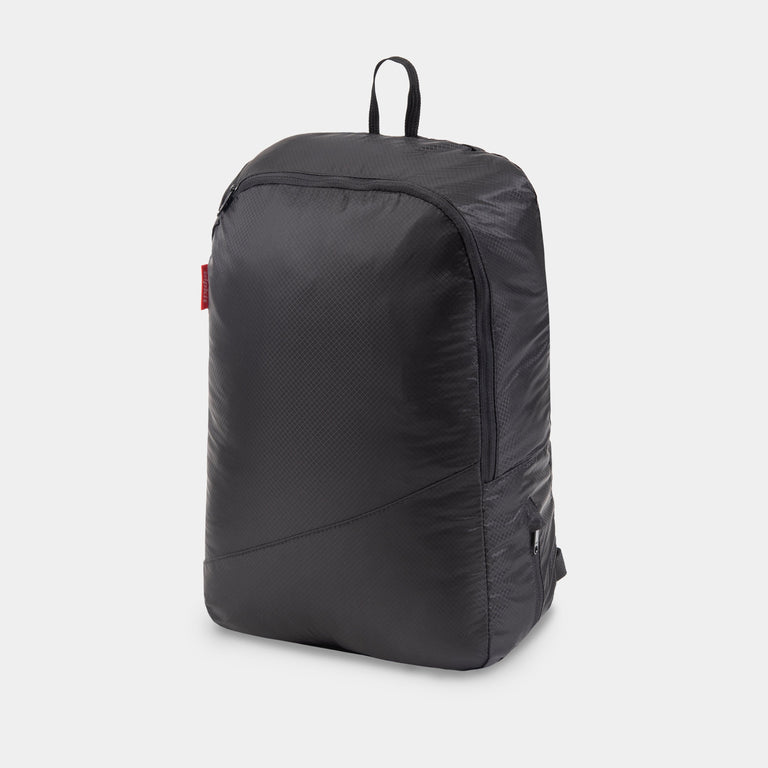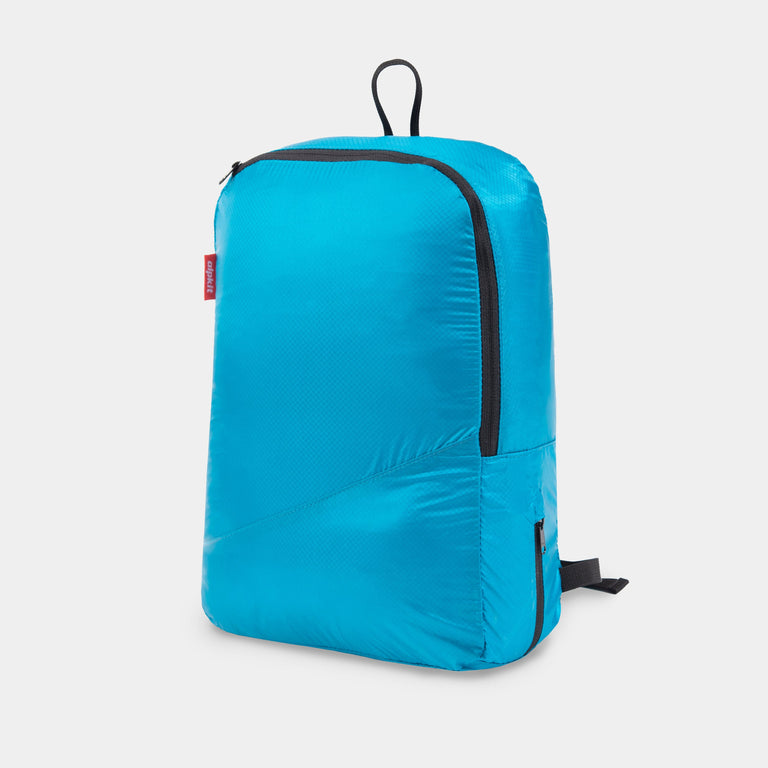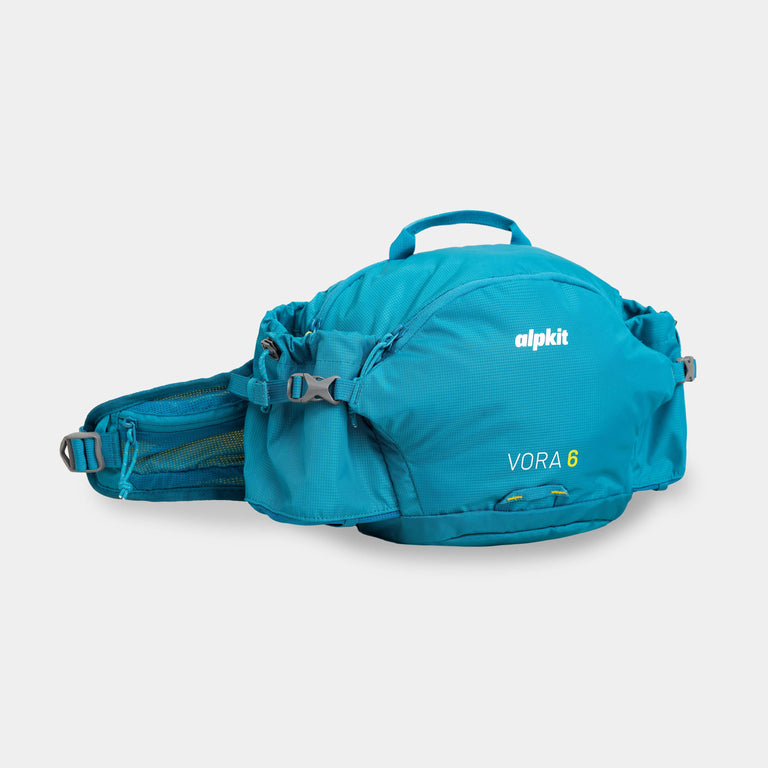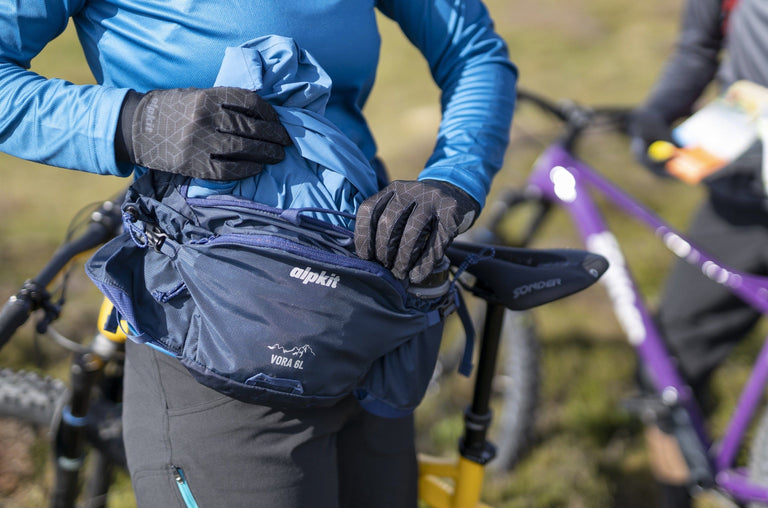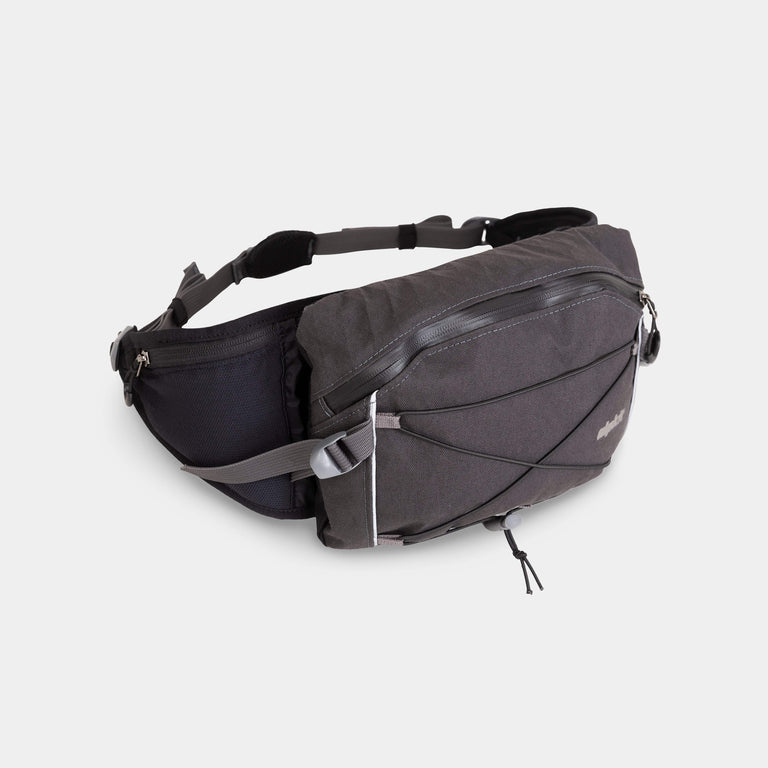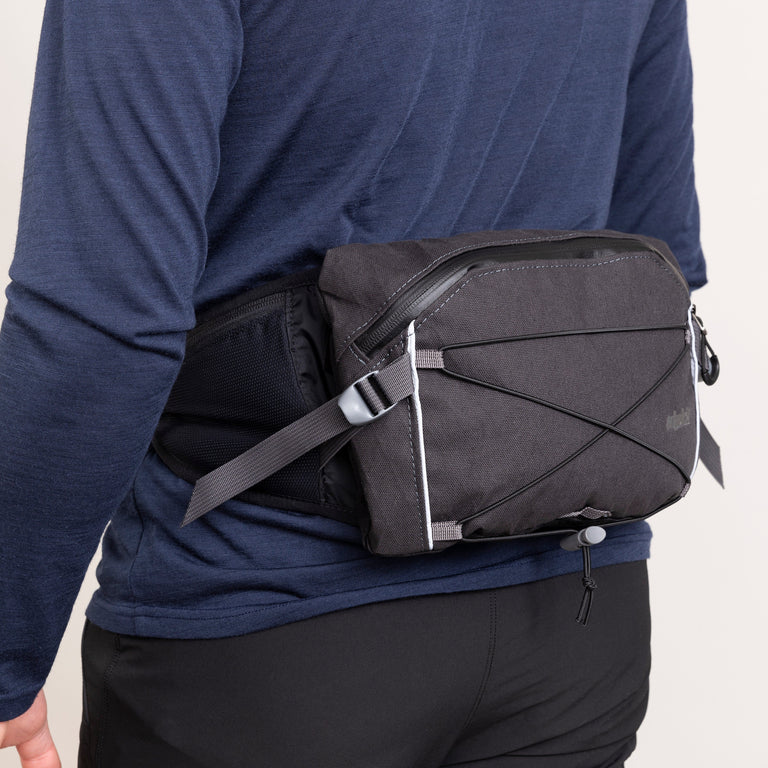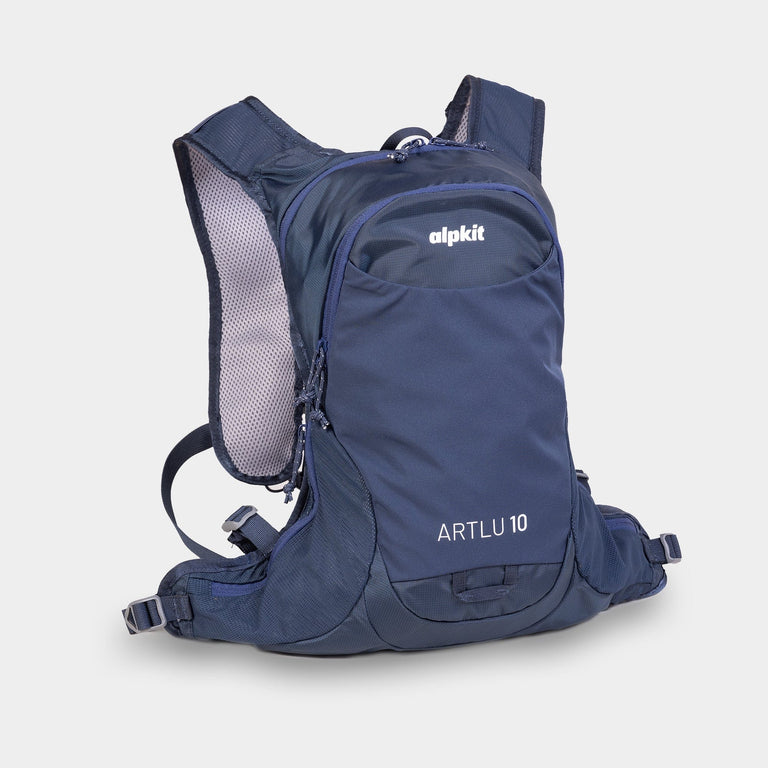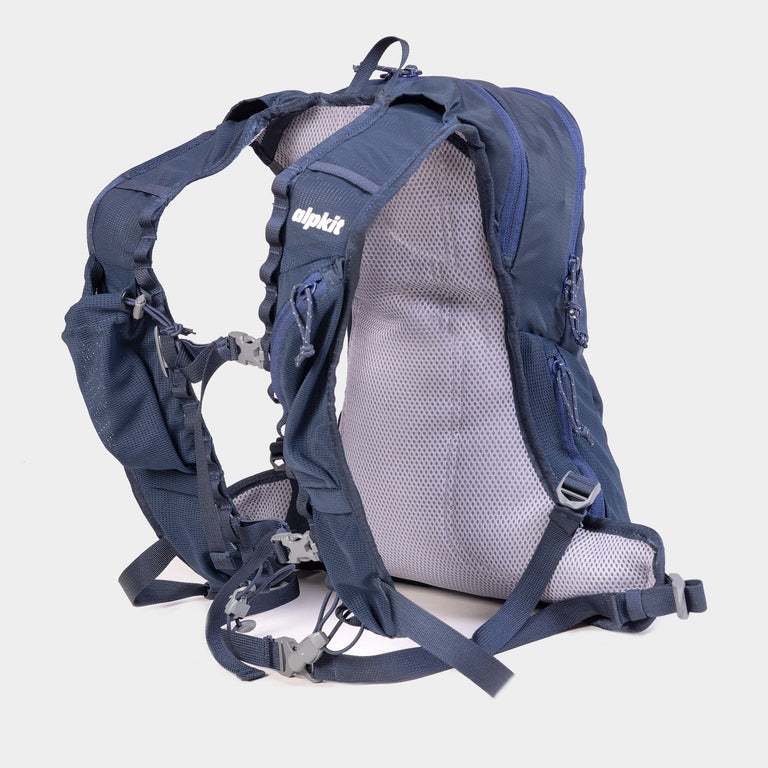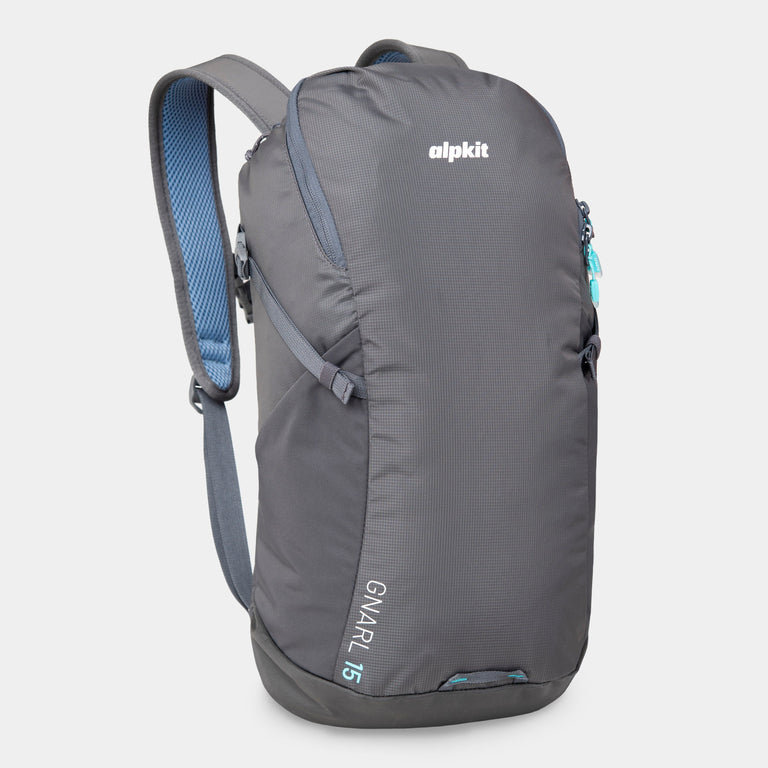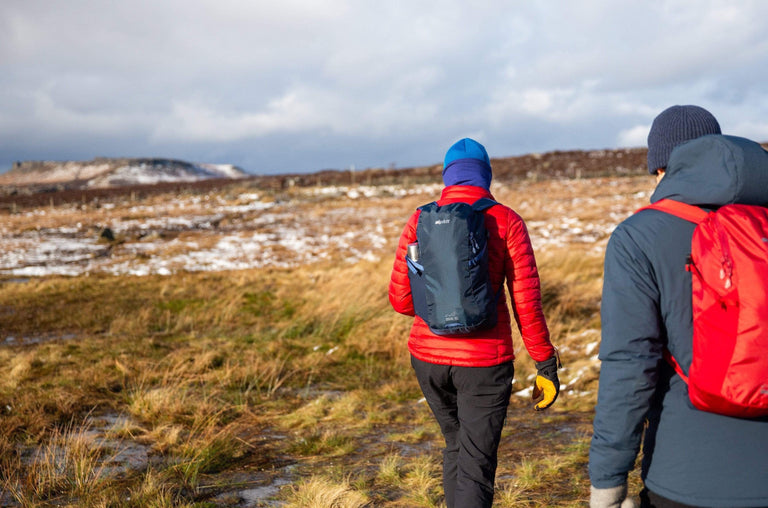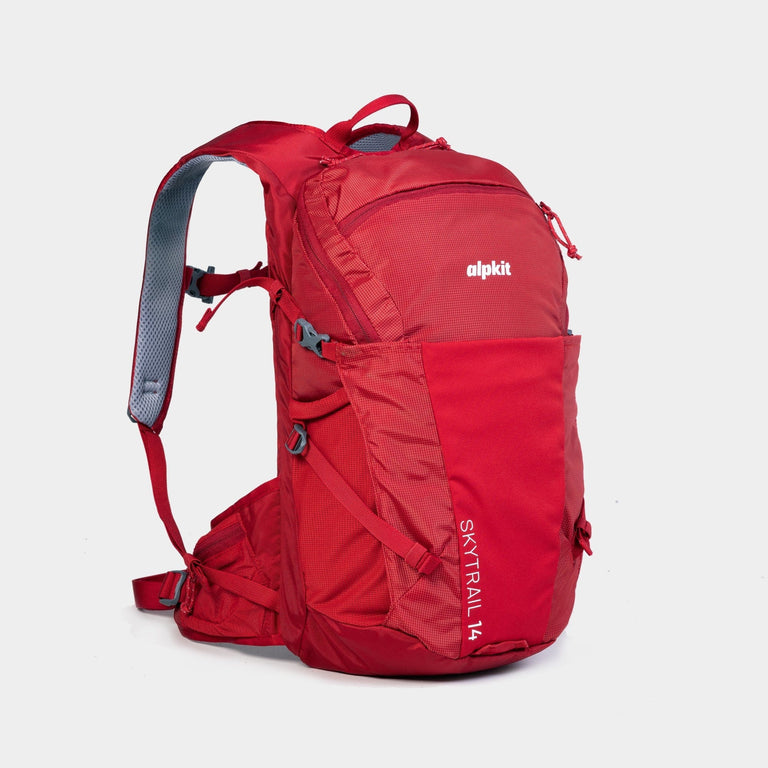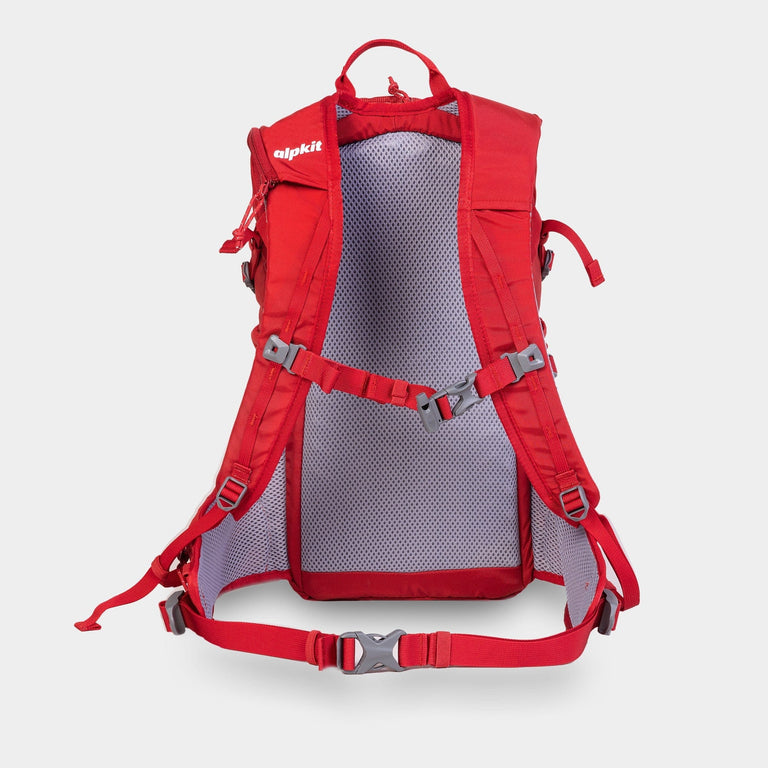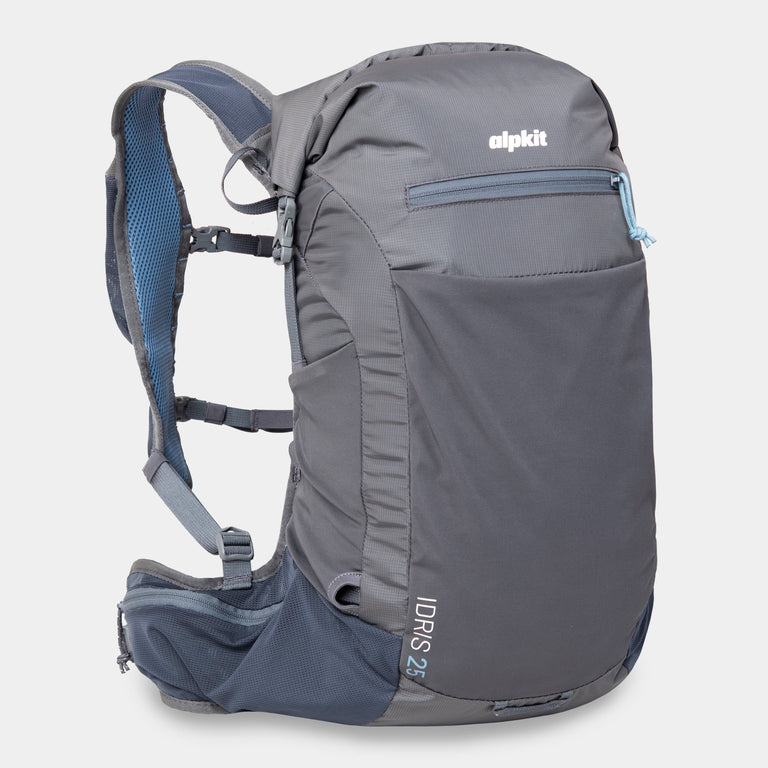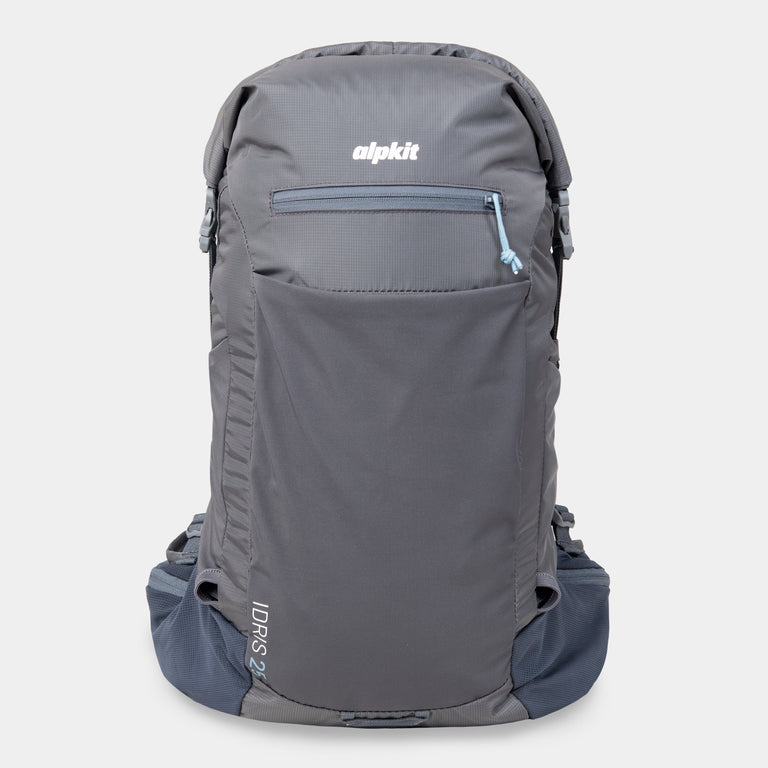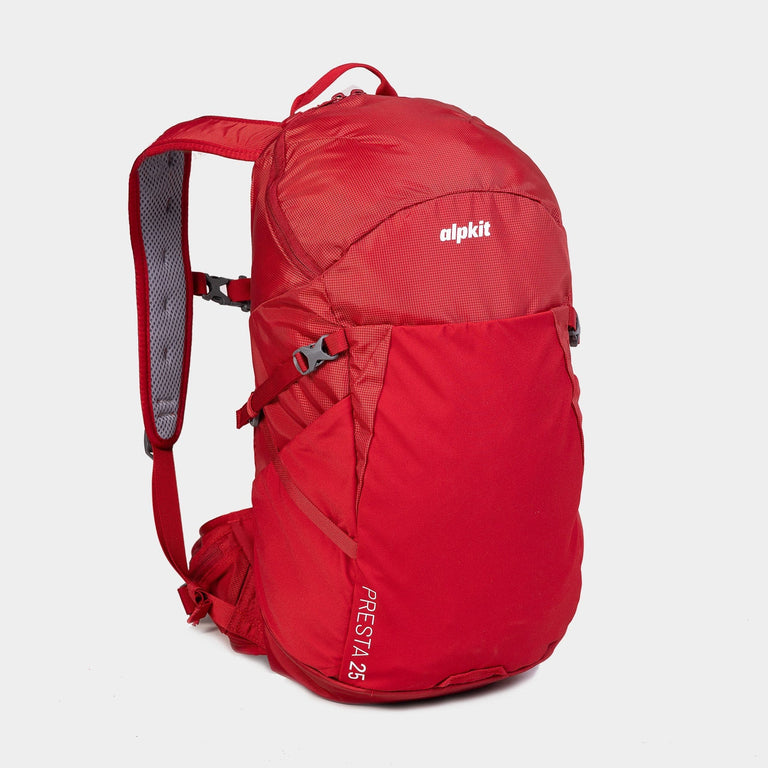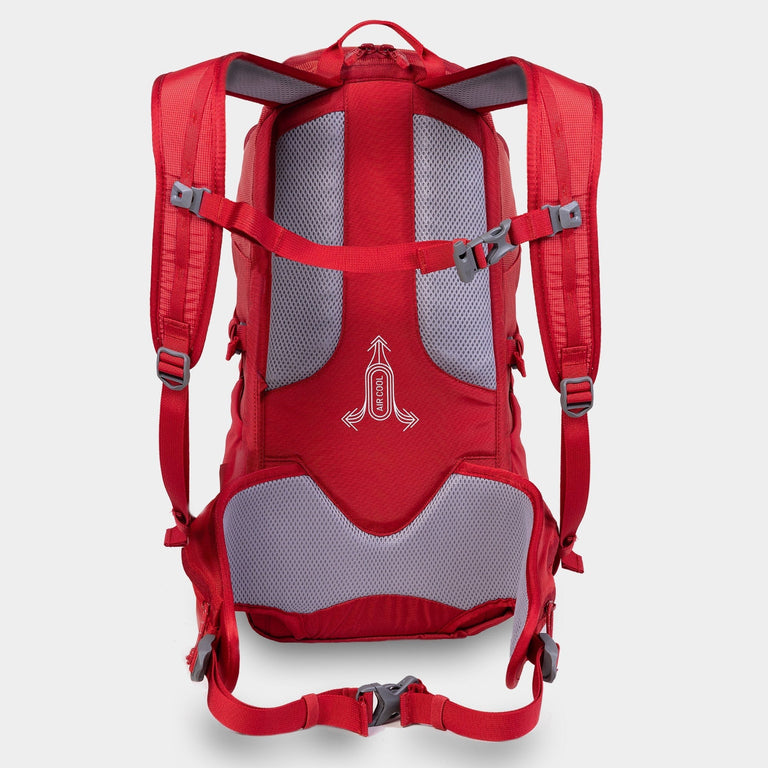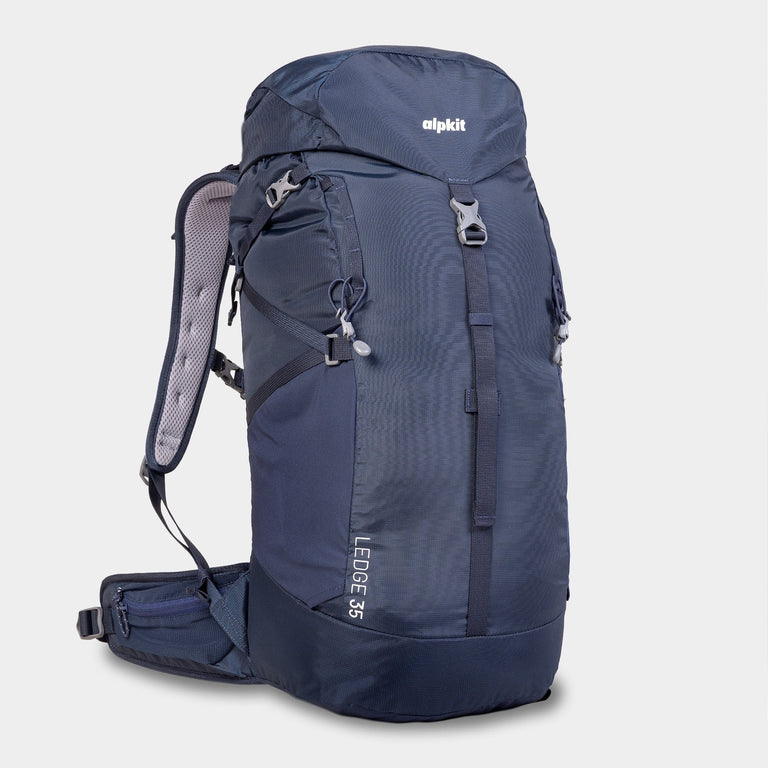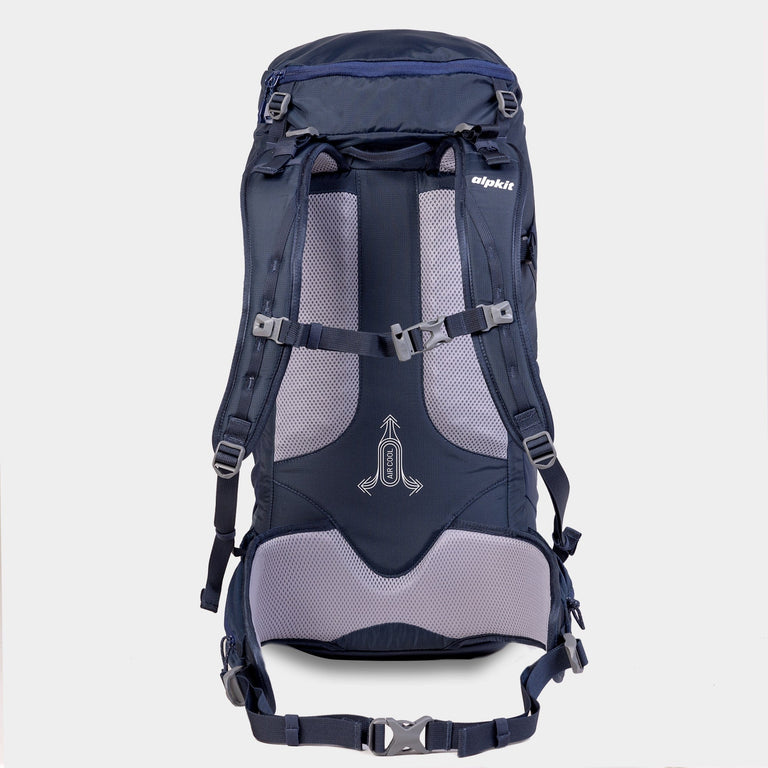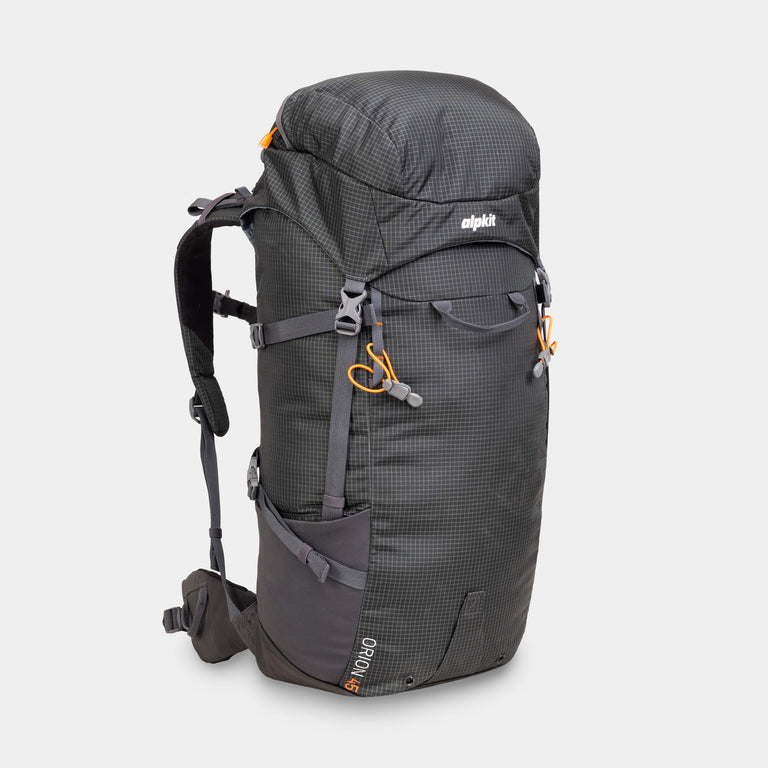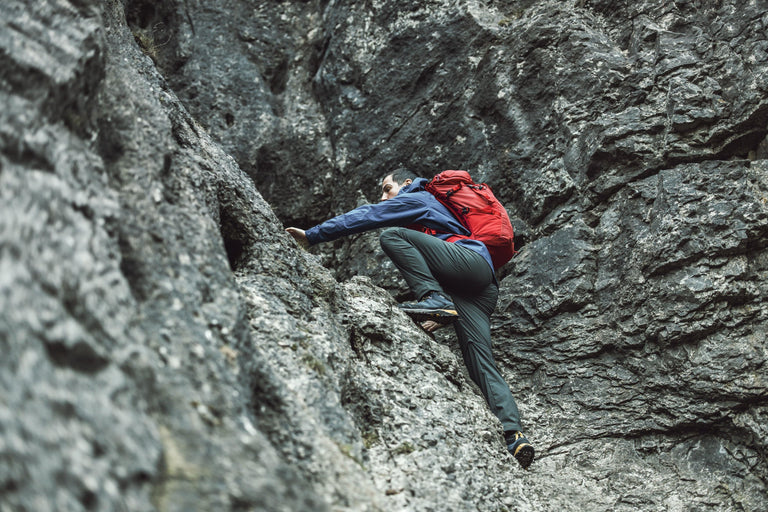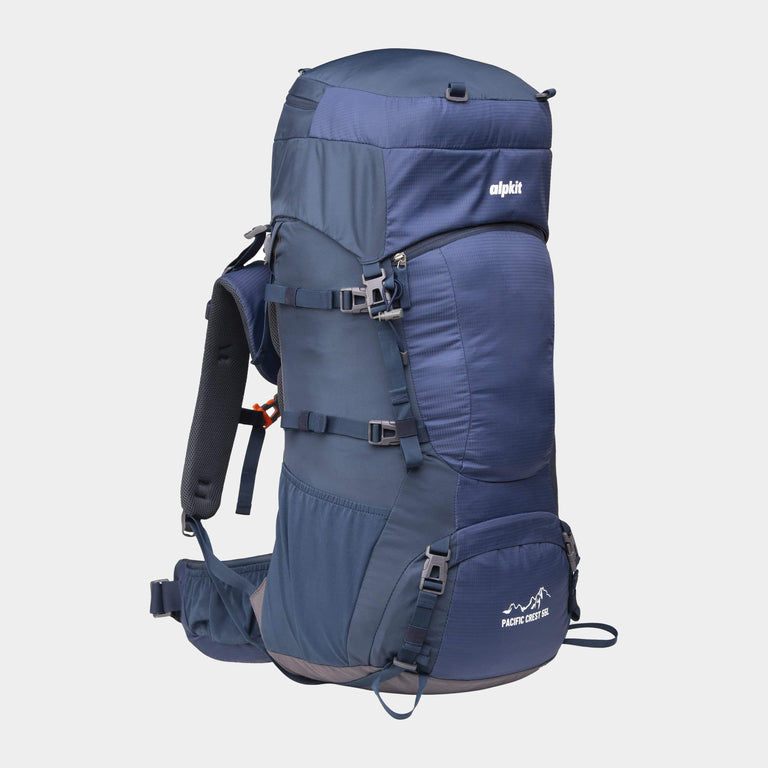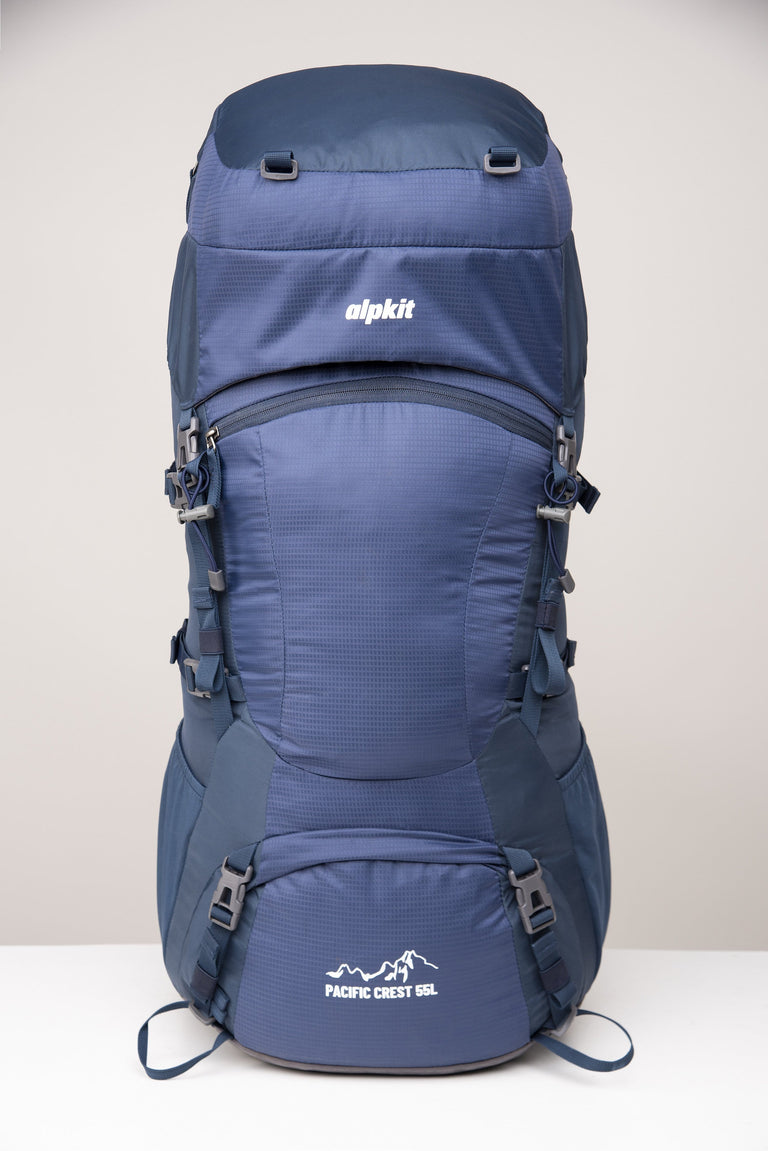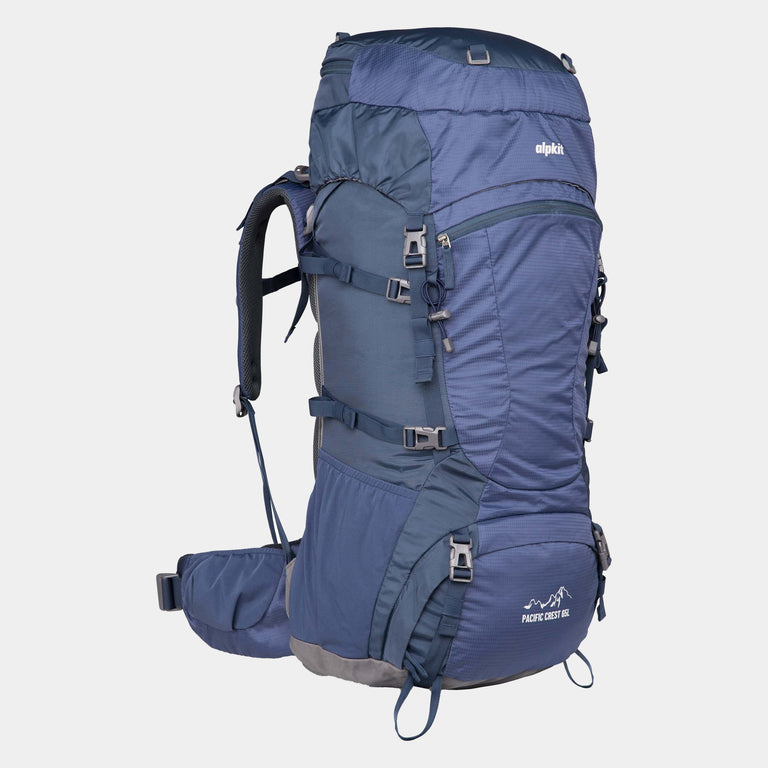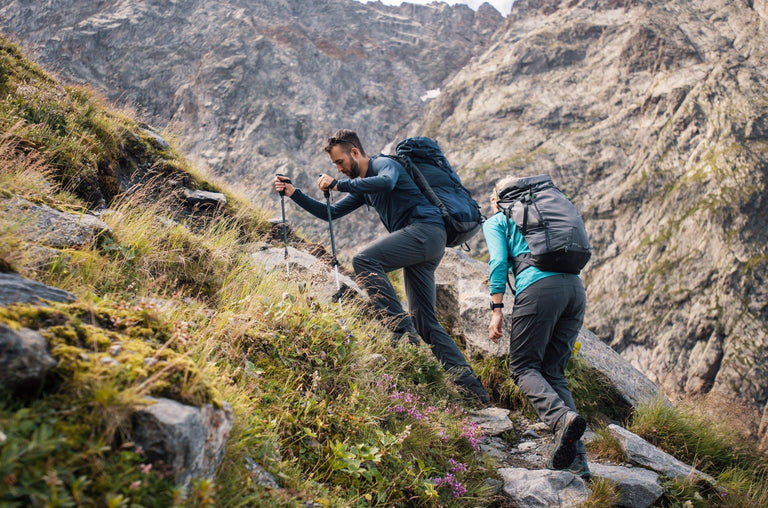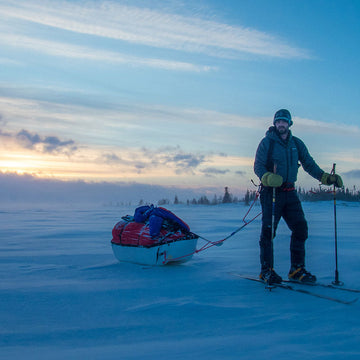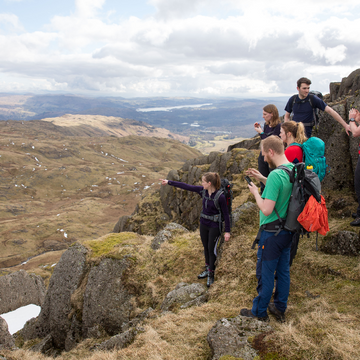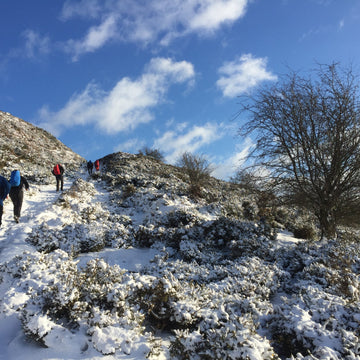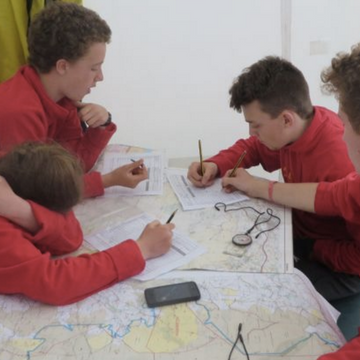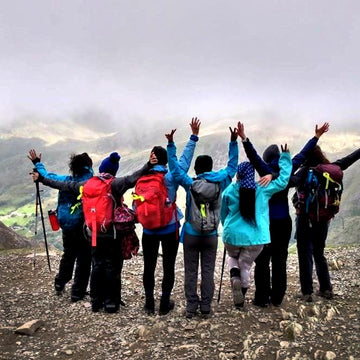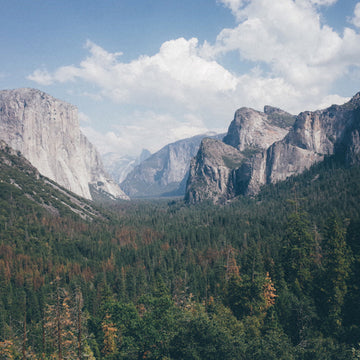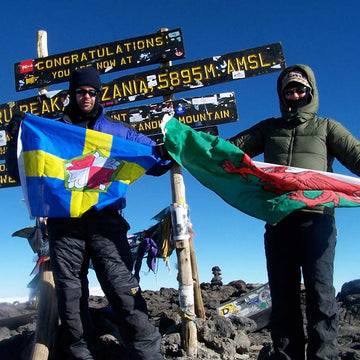
Our guide to van camping in the European Alps covers all the essentials. Stay efficient, pack right, and make unforgettable trekking memories.
Summary: This guide is designed for vanophile hikers planning to pack up their van and make the pilgrimage to the Alps this year. It focuses on helping you prepare for the challenges and experiences of trekking in the Alps while living out of a camper van. If you haven't got a van. yet, you don't need to feel left out. Read on, there will be something for you to.
Introduction
With their breathtaking landscapes, melt-in-your-mouth pastries and frothy cappuccinos, the Alps are a magnet for trekkers worldwide. The unique appeal of van camping offers hikers flexibility and a sense of freedom, allowing them to explore these majestic mountains at their own pace. This guide aims to help you optimally pack for both van camping and the trekking adventure that awaits.
Preparing for Your Trip
Planning Your Alpine Adventure: Essential Tips for Van Camping and Trekking
A van camping and trekking trip through the Alps is an exhilarating experience. Careful pre-trip planning is essential to ensure your journey is smooth and enjoyable. Here’s a quick guide to help you prepare.
Pre-trip Planning: Navigating Your Journey
When it comes to route planning, research pays dividends. If you are short on time, you may be planning on driving straight through, but if you are fortunate enough to have the time, map out your route to consider scenic spots, trekking trails, and camping sites on the way.
Each country has its own rules for van camping, so it’s essential to research these in advance. Be aware of wild camping regulations to avoid fines or legal issues. Make the most of overnight lay-bys, many of which are fully serviced with restaurants and facilities. You can also download apps which list car parks with overnight camper van parking.
Essential Documents: Keeping Your Paperwork in Order
Ensure your passport is valid for the duration of your trip and beyond, as some countries require it to be valid for several months after your planned return date. Keep a digital copy of your passport and ID in secure online storage. Depending on your home country and the countries you’re visiting, you may need an International Driving Permit and your regular driving license. Your van insurance should cover international travel and meet the requirements of the countries you visit.
If you are travelling on the motorway systems, you can pre-purchase your Vignettes and save yourself time. Additionally, familiarise yourself with the need for environmental and camping permits in the regions you plan to visit. Many cities now have low-emission zones, and you may have to register your vehicle in advance.
Health and Safety: Preparing for Emergencies
Your first aid kit should include band-aids, antiseptics, pain relievers, and personal medications. Consider packing altitude sickness medication and insect repellent for specialised needs. Opt for travel insurance that covers medical emergencies, trip cancellations, and vehicle breakdowns, and make sure it includes coverage for adventure sports. Keep a list of emergency numbers for each country you’ll be visiting and the contact details of your country’s embassies along your route.
Storing these details online with your loved ones back home can help facilitate timely interventions. Use a suitably secure service for the type of information you share.
Van Camping Essentials
Making the Most of Your Alpine Adventure
Preparing your van with the essentials will ensure a more comfortable and enjoyable experience. The goal is to create a functional, cosy space that meets your needs while you explore the stunning beauty of the Alps. With the proper setup, your van camping adventure will be a truly unforgettable experience.
Choosing the Right Van
Don’t get van envy; there will always be someone with a bigger, faster van with more satellite dishes than your own. The best van is the van you have, your home away from home. It just needs to be spacious enough for comfort, and smaller vans have a lot going for them in smaller alpine villages. Fuel efficiency is another crucial aspect, especially considering the long distances you might cover. Don’t underestimate tyre choice both for fuel economy and surface noise. You may also need winter tyres or snow chains if heading into the high mountains. (Practice fitting them before you require them.)
Must-have Van Camping Gear
Your van should have the essentials for sleeping, cooking, and storing belongings. This doesn’t mean you have to have a pimped-out van with a built-in TV, fridge and cooker. Your essential camping gear can easily double up, compact yet functional; think portable stoves and multi-use utensils.
Efficient storage solutions are vital to keeping your space organised and clutter-free. Look for collapsible and multi-functional items to maximise the limited space. Really useful boxes can be a great way to separate your equipment and make it accessible when needed. Stackable, they make great makeshift platforms for beds, tables and chairs.
If you have a tarp, throw it in to provide a shady area outside your van.
Power and Water
Reliable power sources are crucial for van camping. Solar panels and batteries are sustainable options that keep your electronics charged and functional. Some people build their power source into their vans, but portable rechargeable power units are becoming increasingly affordable. For water, consider large-capacity storage containers to ensure you have enough for drinking, cooking, and basic hygiene. Portable water filters are also a good investment for accessing safe drinking water during your travels.
Packing for trekking
Essentials for Exploring the Alps
You have made it to the mountains, and it is time to reap the rewards of the many hours behind the wheel. Let’s hope you didn’t forget anything important.
Packing the right gear for your Alpine trek makes everything easier. It’s about balancing the need to be prepared with keeping your pack light. With this gear, you’ll be well-equipped to tackle the trails and enjoy the stunning vistas the Alps offer.
Thankfully, we have challenging mountain weather in the UK, so what works in the UK will generally work just fine in the Alps. You may need to acquire a few specialist items, but even some of these can be hired when you get there.
Trekking Gear Essentials
Backpacks: Choose one that’s comfortable, spacious enough for your essentials, and has good support. For a day hike a 25-30 litre pack should suffice. 35-45 litres for Hut to Hut treks where you are not carrying camping gear and 60 litres for multi-day camping trips. Look for padded straps, a waist belt, and multiple compartments for easy organisation. A good alpine trekking sack will also have attachment points for trekking poles, crampons and pockets for access to your water.
Trekking Poles: These are invaluable on uneven Alpine terrain. They provide stability, reduce knee strain, and can help with pacing.
Boots: Invest in high-quality trekking boots that offer comfort, support, and durability. Ensure they are well-fitted and broken before your trip to avoid blisters. If you are staying in a hut, carry your own lightweight hut shoes.
Clothing: Dressing for the Alpine Environment
The key to staying comfortable while trekking is layering. Start with a moisture-wicking base layer to keep sweat away from your skin. Add an insulating layer like fleece for warmth, and top it off with a waterproof and windproof outer layer. Depending on the weather and activity level, this system allows you to add or remove layers as needed.
You will experience more extreme temperature swings at altitude, hot during the day and cold out at night. Pack lightweight, moisture-wicking clothing for warmer days and insulated, packable gear for when the temperatures drop. Don’t forget accessories like hats, gloves, and waterproof socks.
Snow can and does fall in the spring. Be ready, and don’t get caught out.
Navigation Tools: Staying on Track
In the Alps, it’s crucial to have reliable navigation tools. A compass and physical map of the area is recommended, even if you plan to use a dedicated GPS device. Research your routes in advance and download them to your device. Test before you leave by switching off your wifi and cellular connection. Don’t expect to get uninterrupted cellular connections wherever you go.
Food and Water: Staying Nourished and Hydrated
Hydration is critical when trekking. A water bladder with a tube for hands-free swigging is a convenient way to carry and access water. Alternatively, use water bottles that fit easily in your backpack’s side pockets. If you are planning a self-supported adventure, take a water filter.
Pack high-energy, lightweight snacks like nuts, dried fruit, energy bars, and trail mix for food. These give a quick energy boost and are easy to eat on the go. One of the highlights of an Alpine trekking experience is eating out at a mountain refuge or hut. If relying on a stop check in advance, it is open.
Living in a van
Tips for Comfort and Efficiency in the Alps
Exploring the Alps from your four-wheeled base requires efficient use of space, intelligent meal planning, and power management. Here are some essential tips to help you make the most of your van life experience and embrace the simplicity and freedom that van life offers.
Space Management Tips
Maximising Space: In a van, every cm counts. Utilise vertical space with hanging organisers and shelves. Making the most of hollow spaces such as false floors and filling them with collapsible items like bowls, kettles, and even furniture can save a lot of space.
Staying Organised: Assign and stick to a specific place for everything. This reduces clutter and makes it easier to find items when you need them. Use storage bins and packing cubes to keep things tidy and compact.
Creating Multipurpose Areas: Design areas that can serve multiple purposes. For example, a table can transform into a bed. Multi-functional furniture like foldable tables or beds can also provide storage underneath.
Cooking and Meal Planning
Efficient Cooking Gear: Use a compact stove and minimal cookware. A single pot or pan that can be used for multiple types of cooking is ideal.
Meal Planning: Plan your meals in advance to minimise waste and reduce the need for frequent shopping trips. Focus on non-perishable items like pasta, rice, and canned goods, and supplement with fresh local produce when possible.
Storing Food: Invest in a good cooler or portable fridge to keep perishable items fresh. Use airtight containers to store dry goods and keep pests out.
Hygiene and Sanitation
Keeping Clean: A portable solar shower is an excellent option if your van does not have a built-in shower. Remember to fix a shower curtain if you have any modesty to protect. Alternatively, plan your route to include stops at campgrounds with shower facilities or visit a municipal pool.
Sanitation: Use biodegradable soap for washing dishes and yourself. Always dispose of waste water properly to protect the environment.
Toilet Solutions: Consider portable toilet options if your van doesn’t have one. Modern portaloos are surprisingly odour-neutral, and finding chemical toilet disposal points is easy.
Adapting Your Car for Camping: A Practical Alternative to Van Life
Not having a van doesn't mean you must miss out on the joys and conveniences of van camping. With a few non-destructive adaptations, your car can be transformed into a cosy, efficient camping setup. Here's how you can turn your vehicle into a mini-camper, ready for a trekking adventure in the Alps.
Roof Tents: Elevating Your Camping Experience
Roof tents provide a comfortable and secure sleeping area on top of your vehicle. If you have already switched to electric, they also offer an alternative to towing a caravan you can use now. They're easy to set up and take down and free up valuable interior space.
Modular Storage Solutions: Maximising Space and Organisation
The key to a successful car camping setup is efficient use of space. Modular storage systems allow you to organise your gear neatly, using your car's boot and backseat areas best. Look for collapsible and stackable containers that can be easily rearranged to fit your needs. Some systems even offer slide-out features for accessible cooking equipment or clothing access.
Compact Kitchen Kits: Simplifying Cooking and Dining
You don't need a built-in van kitchen to enjoy delicious meals at your campsite. Portable kitchen kits designed for car camping include compact stoves, foldable sinks, and collapsible cookware. These kits can be easily stored and set up on a tailgate or portable table, providing a convenient cooking experience.
Sleeping Kits: Comfort on the Go
While roof tents maximise space, there are other car camping options. Consider sleeping kits that can be used inside your car, freeing your roof rack for other toys like kayaks or skis. These kits often include a removable box with sliding doors for storage, making a flat sleeping space with underfloor storage. Pop your self-inflatable mattresses on top and enjoy a comfortable night's sleep. With a simple go-box, you can equip yourself with a basic kitchen.
Whether a weekend getaway or an extended exploration, your car-camper setup can make your alpine adventure enjoyable and memorable.
Conclusion
Using your van as a base for your alpine trekking adventure gives you independence and the flexibility to adjust your itinerary to the vagaries of the alpine weather. Enjoy every moment of your Alpine vanventure; make the journey as significant as the destination.

